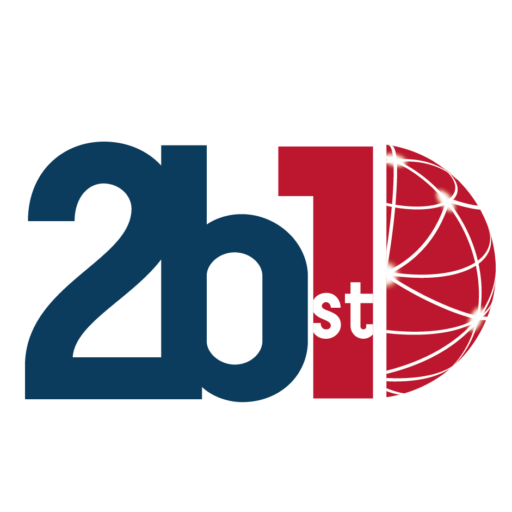
One day – One Word
Definition: “MoU” is the acronym for Memorandum Of Understanding. MoU may also be called Letter of Intent (LoI) Comments: A MoU is a document by which two parties describe how they intend to work together. It can be just a technical base line of co-operation or a more extended agreement with commercial and financial terms. Depending on […]
Definition: “Lube Oil” is a lubricant, to be used in all mechanical system to reduce friction between moving parts. Produced out of crude oil, this Lube oil is also called Mineral oil. Comments: The word Lubricant is mostly used to speak about the products, while Lube oil is normally referring to the process such as Lube […]
Definition: “Polycarbonate” name comes from a polymer based on combination of carbonate groups (–O–(C=O)–O–). Comments: Polycarbonate is issued from the Aromatics family as produced out of Bisphenol A. Most of the polycarbonates are derived from rigid monomers. A balance of useful features including temperature resistance, impact resistance and optical properties position polycarbonates. The polycarbonates are between commodity plastics and […]
Definition: “PTA” is the acronym of Purified Terephthalic Acid. Comment: Modern technologies produce PTA by the catalytic liquid-phase oxidation of Para-Xylene (PX) in acetic acid, which is done in the presence of air and uses manganese or cobalt acetate as a catalyst. PTA is purified in a crystallizer, where unreacted xylene and water are flashed off. […]
Definition:“PET” is the acronym of Poly-Ethylene Terephthalate, oftently written Polyethylene Terephthalate. It is a thermoplastic polymer resin from the Polyester family. Comments: The term polyethylene terephthalate is a source of confusion because this substance, PET, does not contain polyethylene PET is a high performance, recyclable, polymer, ranking third in terms of volume of global consumption and widely used in textile and […]
Definition: “Polyurethane“, like all plastics, is a polymer made by reacting diisocyanates (MDI and/or TDI) with a range of Polyols. Depending on the desired end product, chemical formulations may contain other ingredients such as catalysts, blowing agents and possibly flame retardants. Comments: Polyurethanes were invented back in the 1930s by Professor Dr. Otto Bayer (1902-1982). There are various types […]
Definition: “MDI” stands for Methylene Diphenyl diisocyanate. as a derivative from the Isocyanates familly, the MDI belongs to the Aromatics branch of the building blocks of the petrochemical industry. Comments: Methylene diphenyl diisocyanate (MDI) and 2,4 toluene diisocyanate (TDI) are used in the production of polyurethanes – an essential component in many products ranging from […]
Definition: “IECEx” is the IEC System for Certification for Standards relating to Equipment for Use in Explosive Atmospheres Comments: The objective of the IECEx System is to facilitate international trade in equipment and services for use in explosive atmospheres, while maintaining the required level of safety: reduced testing and certification costs to manufacturer reduced time to market international confidence […]

